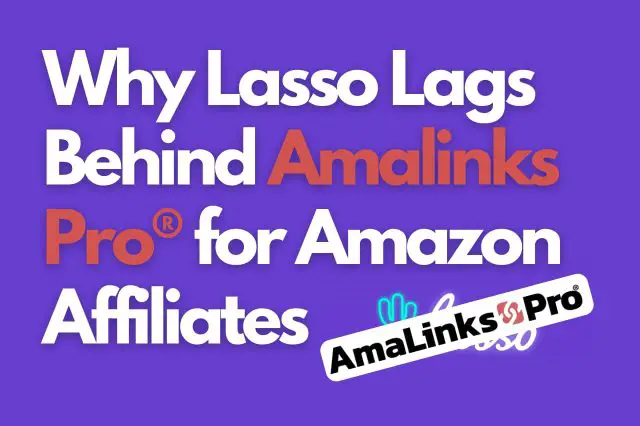Term:
Affiliate Programs that Pay Per Click
Definition:
Affiliate Programs that Pay Per Click (PPC) are marketing arrangements where affiliates earn revenue for generating clicks rather than sales. Under this model, affiliate marketers are compensated based on the number of clicks received through their unique affiliate links, irrespective of whether these clicks lead to sales or conversions. This model contrasts with others in the affiliate marketing space, such as Pay Per Sale (PPS) and Pay Per Lead (PPL), which remunerate affiliates for finalized sales or qualified leads, respectively.
PPC affiliate programs are favored by individuals or businesses aiming for immediate monetary returns from their website traffic. This model is beneficial for affiliates who can draw a significant amount of traffic but may not necessarily drive direct sales or leads. The success of PPC affiliate marketing primarily hinges on high traffic volume, as affiliates are paid for each click regardless of the visitor’s subsequent actions.
These programs are commonly employed by advertisers seeking to increase their web traffic and online presence. The cost for advertisers under PPC models often depends on competition for the particular keywords or advertising space in question. As advertisers pay for every click, it is imperative for them to optimize their campaigns to attract potential customers and not merely casual browsers, maximizing the possibility of eventual sales or conversions.
The compensation in PPC affiliate programs varies, with payment for each click usually being lower than that received under PPS or PPL models. The precise amount affiliates earn per click is subject to the advertiser’s assessment of the value of the traffic generated. Factors influencing this evaluation include the relevance of the affiliate’s audience to the advertiser’s products or services, the quality of the traffic, and the market demand for the associated keywords.
Affiliates interested in PPC programs often opt for platforms or networks that consolidate various PPC affiliate opportunities. These platforms offer affiliates access to multiple advertisers, allowing them to select and participate in programs that align with their audience and content. Examples of networks offering PPC affiliate programs include Google AdSense and Media.net, among others.
Participation in PPC affiliate programs requires affiliates to embed advertising materials, such as banners or text links, within their content. These materials display ads relevant to the content or user behavior, enticing readers to click on them. It is crucial for affiliates to create content that is genuinely engaging and to strategically place ads in a manner that doesn’t deter the user experience, as this approach enhances the likelihood of clicks.
Adherence to ethical standards and best practices is also essential for affiliates engaging in PPC affiliate marketing. Many platforms have stringent rules to prevent click fraud, a practice where individuals artificially inflate the number of clicks to increase earnings. Affiliates found to be engaging in fraudulent practices risk expulsion from programs and forfeiture of earnings.
While PPC affiliate programs offer an opportunity for affiliates to monetize their traffic, the prospects for earnings should be weighed against the associated challenges and requirements. Affiliates should consider the value and relevance of the traffic they generate, the rules and regulations of the PPC platforms, and the need to produce engaging content that complements the advertised products or services.
PPC affiliate programs are a viable revenue-generating model for affiliates capable of attracting substantial traffic to their content. Understanding the dynamics of this model, including its benefits and limitations, is fundamental for affiliates considering participation in PPC affiliate marketing. Through careful selection of programs, adherence to ethical standards, and the creation of valuable content, affiliates can leverage PPC programs for sustainable earnings.
Related:

Miles Anthony Smith
Miles is a loving father of 3 adults, devoted husband of 24+ years, chief affiliate marketer at AmaLinks Pro®, author, entrepreneur, SEO consultant, keynote speaker, investor, & owner of businesses that generate affiliate + ad income (Loop King Laces, Why Stuff Sucks, & Kompelling Kars). He’s spent the past 3 decades growing revenues for other’s businesses as well as his own. Miles has an MBA from Oklahoma State and has been featured in Entrepreneur, the Brookings Institution, Wikipedia, GoDaddy, Search Engine Watch, Advertising Week, & Neil Patel.




